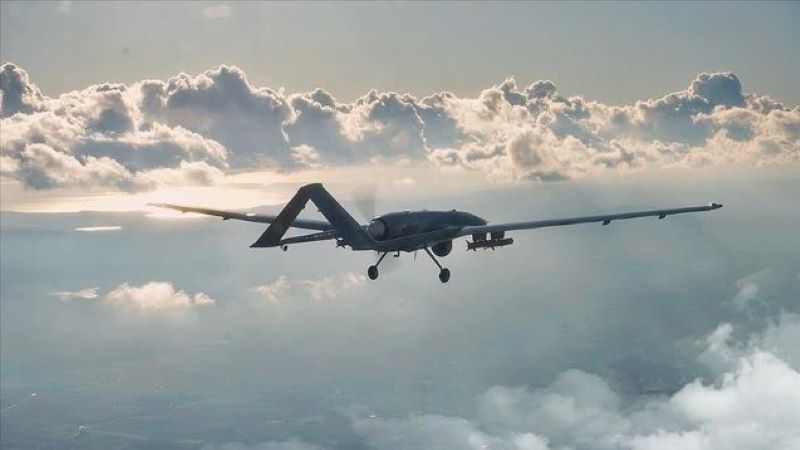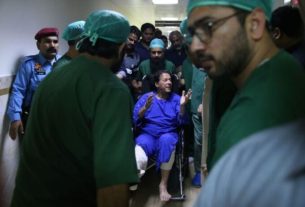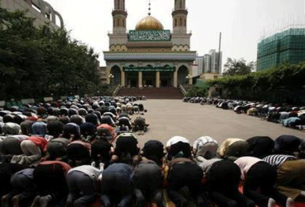Afghanistan Protests Alleged Pakistani Drone Strikes That Killed Civilians
Tensions flared again along the Afghanistan–Pakistan border after Afghan authorities accused Islamabad of carrying out deadly drone strikes that killed children and devastated families in Nangarhar and Khost provinces.
According to local officials in Khost, three children were killed and five others injured late Wednesday night when a drone strike hit the Spera district. Hours later, in Nangarhar’s Ghanikhel district, six members of one family, including five children and their mother, were wounded when their home was struck.
Residents described a night of terror. Shah Sawar, a villager in Ghanikhel, recounted being jolted awake at 11 p.m. when his house was bombed. “My wife and five children were injured. Everything I owned—my rooms, my belongings—was destroyed,” he said. Neighbors rushed to pull the injured from rubble, while children spent the night crying in fear.
The deputy governor of Nangarhar, Azizullah Mustafa, confirmed the strikes, saying they were carried out by Pakistani drones. He reported “serious financial losses” to civilians but noted that the wounded were in stable condition after hospital treatment.
This latest attack has renewed Afghan anger at Islamabad. The Afghan Foreign Ministry summoned Pakistan’s ambassador in Kabul and handed over a formal demarche—an official diplomatic protest.
In Islamabad, Pakistan’s Deputy Prime Minister and Foreign Minister Ishaq Dar acknowledged the demarche but stopped short of confirming responsibility. “I’m still going through the system,” Dar told reporters Friday. “This needs investigation, to look into the situation and why it is happening. Right now, it’s too early to say anything.”
Pressed on whether Pakistan was behind the strikes, Dar remained evasive, instead stressing Islamabad’s demand that Kabul prevent militants of the banned Tehreek-i-Taliban Pakistan (TTP) from launching cross-border attacks. “We have only one ask: do not let your soil be used for terrorism against us,” he said.
The strikes evoke painful memories in Afghanistan. In 2022, Pakistani airstrikes in Paktika province killed more than 50 civilians, including women and children, sparking widespread condemnation. Analysts warn that the recurrence of such incidents risks inflaming already fragile relations.
Despite the dispute, Dar emphasized the importance of bilateral cooperation. He cited recent trilateral talks involving Pakistan, China, and Afghanistan, where all sides pledged to strengthen counterterrorism coordination and advance regional projects such as the long-delayed Uzbekistan–Afghanistan–Pakistan railway.
But in villages along the border, hope feels distant. “Here, everyone is poor—laborers, destitute people. We have no connections,” said local resident Sayed Anwar. “The airstrikes only bring suffering.”
For now, Afghan families bury their dead, tend to the wounded, and brace for what feels like an unending cycle of fear and uncertainty—caught in the crosshairs of a conflict neither side appears able, or willing, to resolve.





